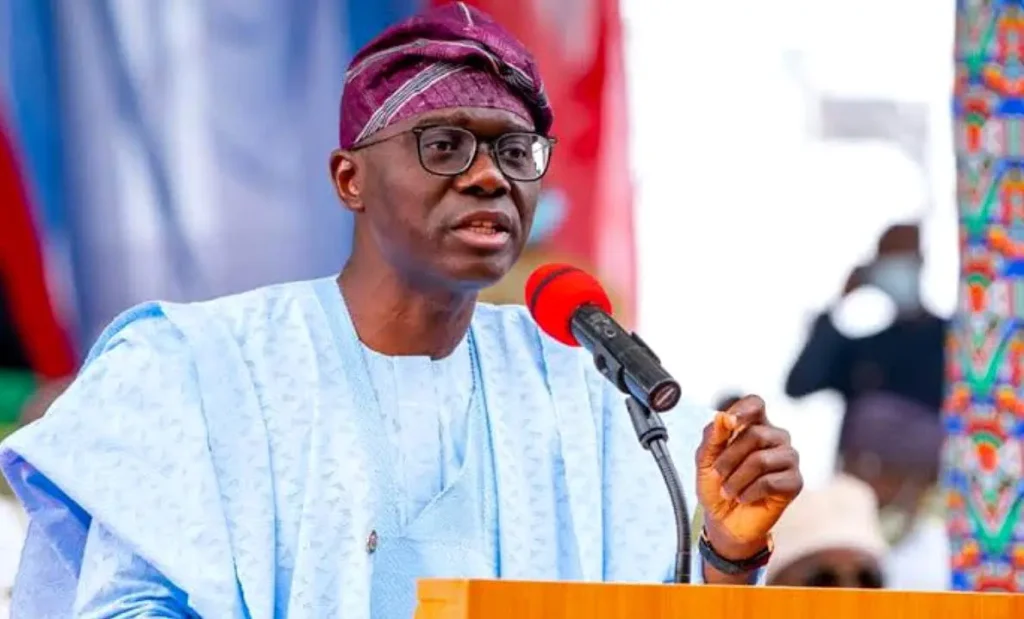CurrentReport Blog In a recent legal battle, Lagos State Governor Babajide Sanwo-Olu has filed a lawsuit against the Economic and Financial Crimes Commission (EFCC), alleging threats to arrest, detain, and prosecute him upon the completion of his tenure as governor. The case was presented before Justice Joyce Abdulmalik of the Federal High Court in Abuja by Sanwo-Olu’s counsel, Darlington Ozurumba.
The suit, filed as a fundamental right enforcement claim, centers on Sanwo-Olu’s plea for protection of his constitutional rights both during and after his term as governor. In a statement, his lawyer argued that EFCC’s alleged threats infringe on the governor’s rights to personal liberty, family life, and freedom of movement as guaranteed by the 1999 Constitution of Nigeria.
Sanwo-Olu is seeking a declaration from the court confirming his right to privacy and protection from undue harassment, particularly regarding accusations of corruption by political adversaries. According to his filing, these accusations are politically motivated and intended to misuse executive power against him.
The governor’s lawsuit emphasizes his right to manage personal and family assets, including bank accounts and property, as provided by Sections 43 and 44 of the Nigerian Constitution. Furthermore, Sanwo-Olu has asked the court to prevent the EFCC from seizing any of his assets or travel documents, stating that such actions would constitute a violation of his fundamental rights.
EFCC’s counsel, Hadiza Afegbua, expressed that she had yet to receive the latest court documents, leading Justice Abdulmalik to adjourn the hearing until November 11 for further proceedings.
Sanwo-Olu’s suit also requests that the court restrain the EFCC from detaining, interrogating, or prosecuting him based on actions during his time in office. The governor claims that such attempts to interfere with his freedom and personal rights are unconstitutional and an abuse of public office, which should be safeguarded under both Nigerian law and the African Charter on Human and Peoples’ Rights.












